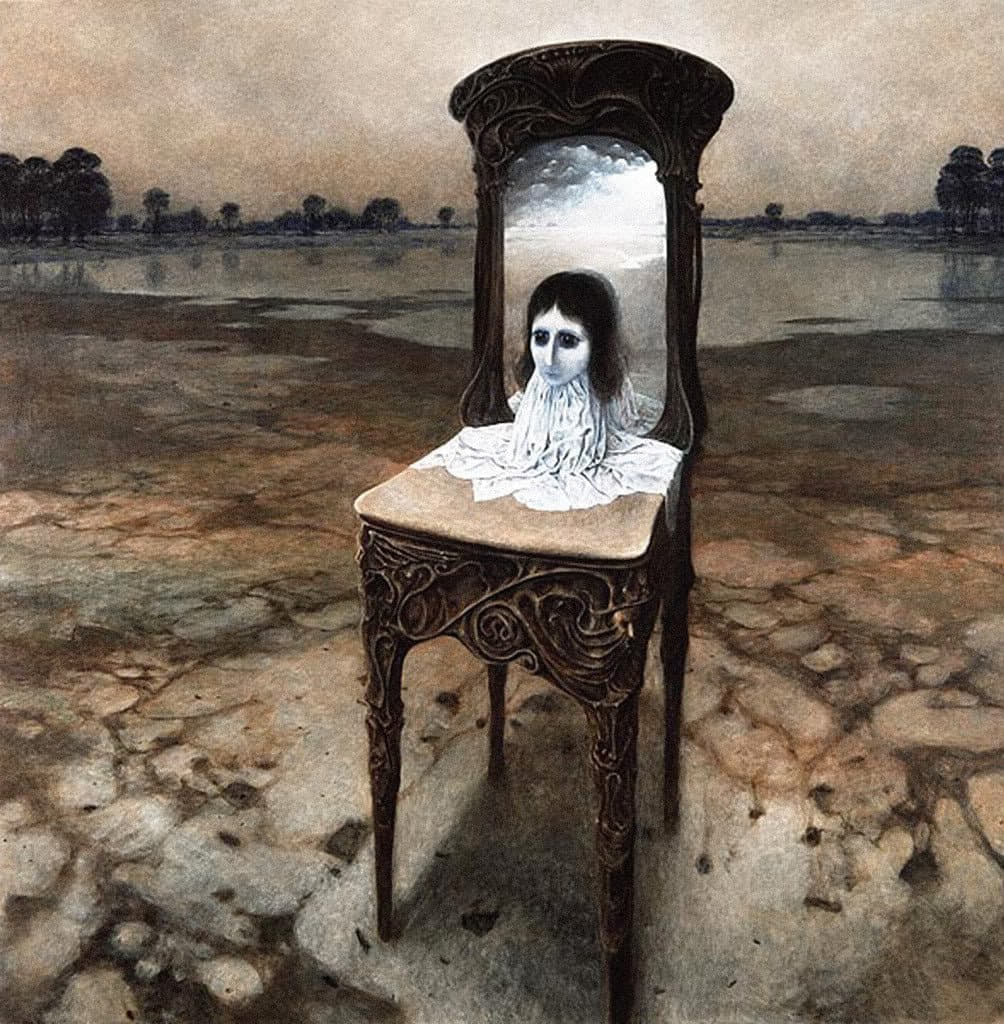Lying in meekness and inane idleness until recently, broad sectors of the masses have now awakened to action in the effervescence of an orcish nightmare. The “progressive” demagogy does not differentiate between objective and subjective rights—everything are rights and what are not rights are considered unbearable obstacles to universal happiness, which has three solid moorings upon which it intends to advance in history: victimhood, obedience to the one faith and poverty accepted as supreme virtue. That is the plan of the owners of the world, to the satisfaction of the miserly left.
Until the 2008 crisis, the left was unionist and celebratory. From that date on, it became whiny, vocal and over-acting; that is to say, indignant. If there was anything positive about that debacle, which originated in the bankruptcy of Lehman Brothers and the collapse of the real estate development model in the United States, it was to show that the renowned “welfare state,” the canonical reference for all the social democracies of the planet, was unsustainable in the context of a speculative economy.
In previous decades and up to that moment, the left and Western neo-progressive movements, once they had effectively renounced any strategic objective, installed themselves in a sort of “Pax Romana” within the capitalist system, dedicated to the transformation of daily life and customs, in accordance with the petty bourgeois ideology of the 1960s, and thus much to the taste of the French, Italian and Spanish progressives in particular. The important thing was no longer to make the revolution—an impossible one among many—but to make it look as if it had been made or was being made. Thus, the good leftist militant of the time was, simultaneously, a theoretician, attentive to urbanity and social decorum, to the obligatory use of the so-called inclusive language and to political correctness in all its facets; and he was also a discreet bon vivant, knowledgeable in gastronomy and enology, in Woody Allen and Pedro Almodóvar films and in detective novels, especially those of Vázquez Montalbán.
Assuming its contradictions—not very scandalous in a scandalously ungrateful world—the progressive of the 1980s and 1990s of the last century lived half-heartedly between the laughter of the Movida Madrileña, between the nearly cultured roguishness of the Ruta del Bacalao and the generosity of the cultural departments of the city councils. Spain was a party.
But all good things come to an end and that dream of restless urbanites could not be the exception. The spectacular collapse of the established welfare model led to the discrediting of social democracy—so sudden and so bitter as to be barely transitory—and to the emergence of new political formations to the left of the PSOE and the PCE that massively dragged along previously collectivized social sectors which felt marginalized—because they were—in the distribution of the system’s royalties. These first contestants had in common the bet for the all or nothing, since they had nothing to lose, and the almost absolute lack of experience and theoretical formation. With a thin dogmatism, typical of those who have few ideas and cling to them desperately, that flood of protest and intransigence gave rise to the new paradigm of neo-progressive commitment—masses of twitterers unable to read more than 140 characters in a row, toxic feminists who confuse rudeness with nonchalance and drunkenness with women’s liberation and people of that prestige; in short, people with no certain direction although very resentful against the system.
As happened four decades before, today, after those first effervescences, conformity within the system acquires its own forms of everyday life and is installed as an alternative to the impossibility of changing anything substantial, but also as a way of living as if everything were changing. The difference between the primitive leftists who recycled their revolutionary proposals to turn them into a routine experience and these latest generation of mobilized people is twofold, as I see it. The former took a shower every day and the latter take one, I estimate, every fortnight or so. And, the new anti-system types, paradoxically, coincide in their recipes to fix the world with the globalist elites who manage the deep gears of the established. Their sentimental attachment to characters like Greta Thunberg, Zuckerberg, Beyoncé or Kamala Harris, their aesthetic references compiled in the contents of TV platforms like Netflix or HBO, their ecological opinion symmetrical to the discourse of the big energy companies, their apology for public health that seems copied from an advertising brochure of some medical insurer, speak to us not so much of their theoretical weakness as of the little margin left to the traditional left to articulate alternative discourses and how deeply the good-egalitarian propaganda of the elites has penetrated among the uncritical masses—that is to say, in almost the whole world. For, in effect, the elites want us to be equal. Poor and equal, adapted to precariousness, destitute in the search for and, perhaps, the maintenance of impoverished jobs. In return, the all-powerful offer their shepherds the complete package of the new emotional well-being: the Internet at a reasonable price, social networks where everyone is someone—as much someone as they want, to convince themselves that they are someone—brilliant “anti-fascist” slogans against the discordant and ideologically impeccable contents in their favorite series.
That’s all there is, for the moment. Transcending this new moral leverage of the masses will be as difficult, or as simple, as unleveraging them from the couch and the TikTok profile. I mean it will be or it won’t be, because you never know.
José Vicente Pascual is a writer and novelist, living in Madrid. La Hermandad de la Nieve (Brotherhood of the Snow) is his latest work of historical narrative. This articles appears through the kind courtesy of Posmodernia.
Featured: Untitled, by Zdzisław Beksiński; painted in 1981.
